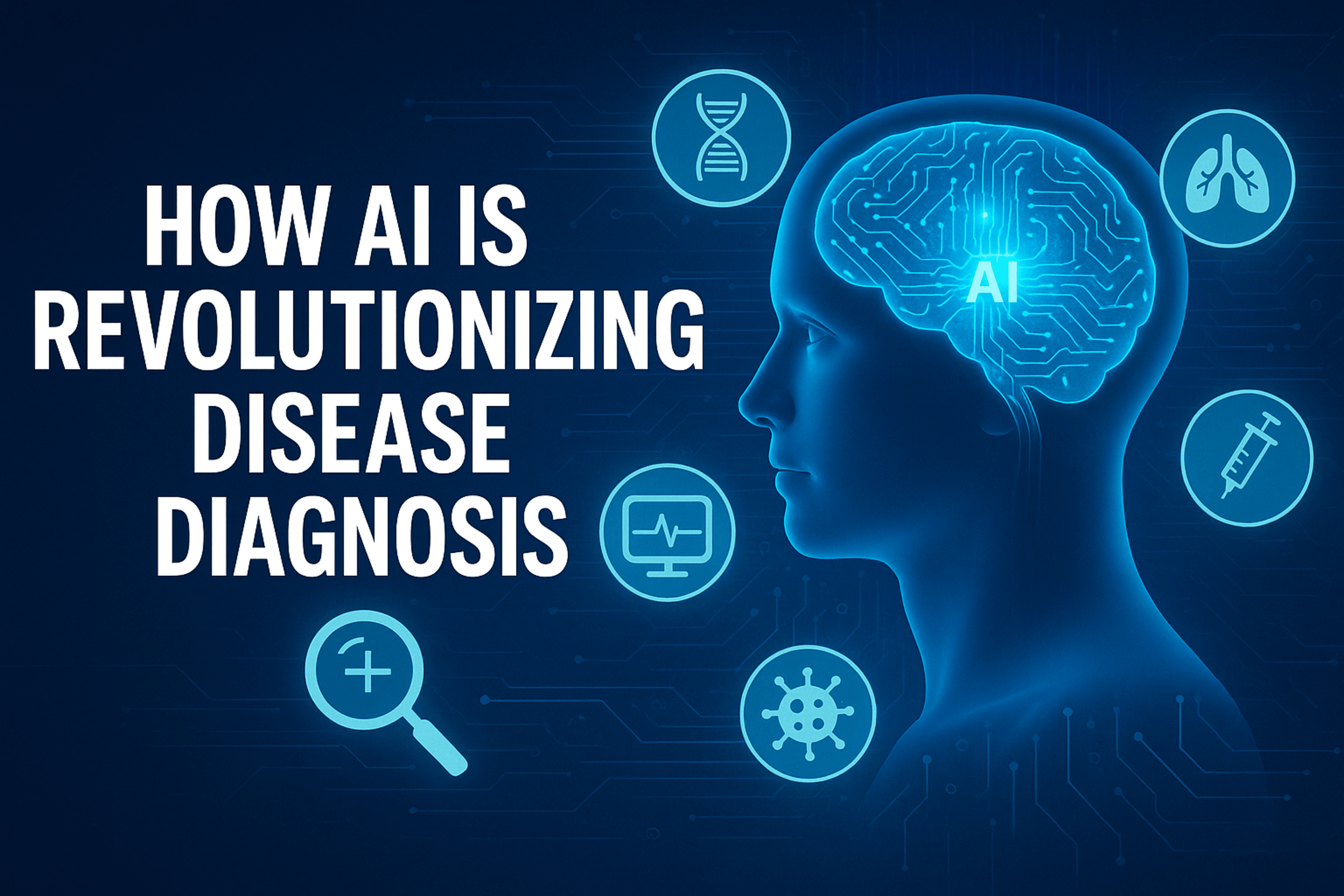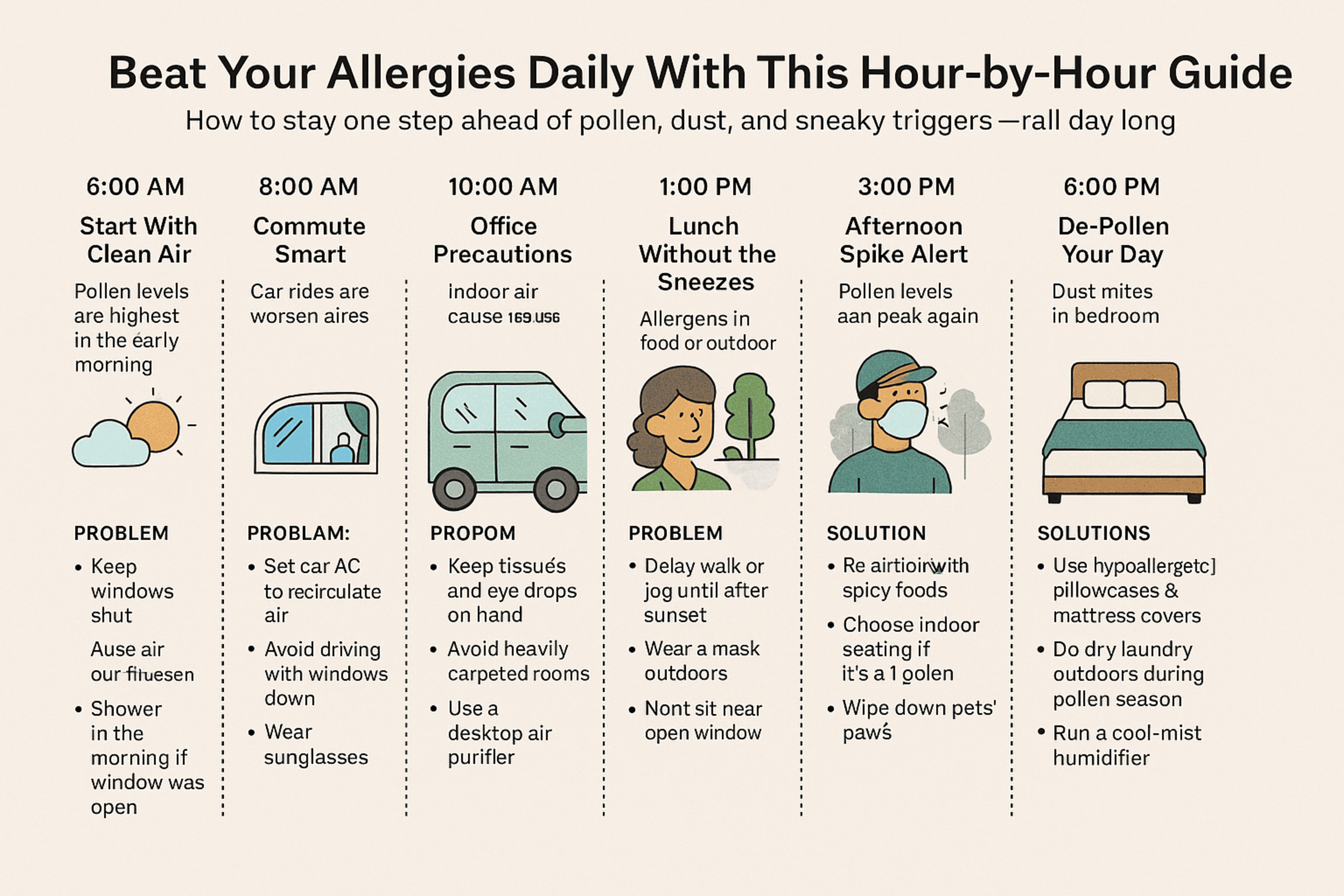Imagine walking into a clinic where your medical history is instantly analyzed, your symptoms are compared with millions of cases, and your diagnosis is supported by a powerful AI engine—all before the doctor even enters the room. This is no longer science fiction. Artificial Intelligence (AI) is rapidly transforming the way we detect and diagnose diseases, making healthcare faster, more accurate, and accessible to more people than ever before.
🚀 From Guesswork to Precision
Traditionally, diagnosing diseases relied heavily on a doctor’s experience and ability to interpret lab reports, imaging scans, and physical symptoms. But human error and delayed diagnoses were always risks. Enter AI: systems that can analyze massive amounts of medical data—from X-rays to blood tests—with incredible speed and accuracy.
For example:
- AI algorithms in radiology can now detect signs of cancer, fractures, or lung diseases in medical images with accuracy comparable to experienced radiologists.
- IBM Watson Health has been used to analyze patient records and suggest treatment plans, sometimes identifying rare conditions that even specialists missed.
🧬 Detecting Diseases Earlier
One of AI’s superpowers is early detection. AI can pick up on subtle patterns and correlations that humans might miss, even before symptoms become obvious. This is a game-changer in diseases like:
- Cancer (e.g., AI can identify early-stage breast cancer from mammograms),
- Alzheimer’s disease (by analyzing speech patterns and MRI scans), and
- Diabetes or heart disease (using wearable health data and predictive models).
Early diagnosis often leads to more effective treatment, less invasive procedures, and better outcomes.
🧪 Personalized Diagnosis and Treatment
AI doesn’t just stop at diagnosis—it helps customize care. With access to a patient’s:
- Genetic profile,
- Medical history,
- Lifestyle factors,
AI can suggest personalized treatment options. This is the foundation of precision medicine, where treatments are tailored to individuals rather than the “one-size-fits-all” approach.
🌍 Making Healthcare More Accessible
In remote or underdeveloped areas, access to specialists is limited. AI-powered apps and diagnostic tools (like mobile retinal scanners or skin lesion detectors) are bringing medical expertise to people’s pockets.
For example:
- Apps like SkinVision use AI to assess skin spots for cancer risk using just your smartphone.
- AI chatbots and symptom checkers provide basic medical guidance and triage, easing the burden on overworked health systems.
⚖️ Challenges and Ethical Concerns
Despite its promise, AI in diagnosis isn’t without issues:
- Data privacy is a major concern—sensitive health information must be protected.
- Bias in AI models can lead to misdiagnosis in minority populations if the training data isn’t diverse enough.
- And ultimately, AI should support—not replace—human doctors.
🩺 Final Thoughts: A Doctor’s Best Friend
AI isn’t here to take over medicine—it’s here to enhance it. By empowering doctors with insights, speeding up diagnostics, and expanding healthcare access, AI is becoming one of the most powerful tools in modern medicine.
As the technology evolves, we’re stepping into a future where AI and healthcare professionals work hand-in-hand, making disease diagnosis smarter, faster, and more humane.
📌 Have you experienced AI-based diagnostics yet? Let us know in the comments!



2 Comments
Your posts always give me something new to think about. Thank you for sharing your knowledge.
I love hearing that my posts spark new thoughts! Thanks for your kind comment.